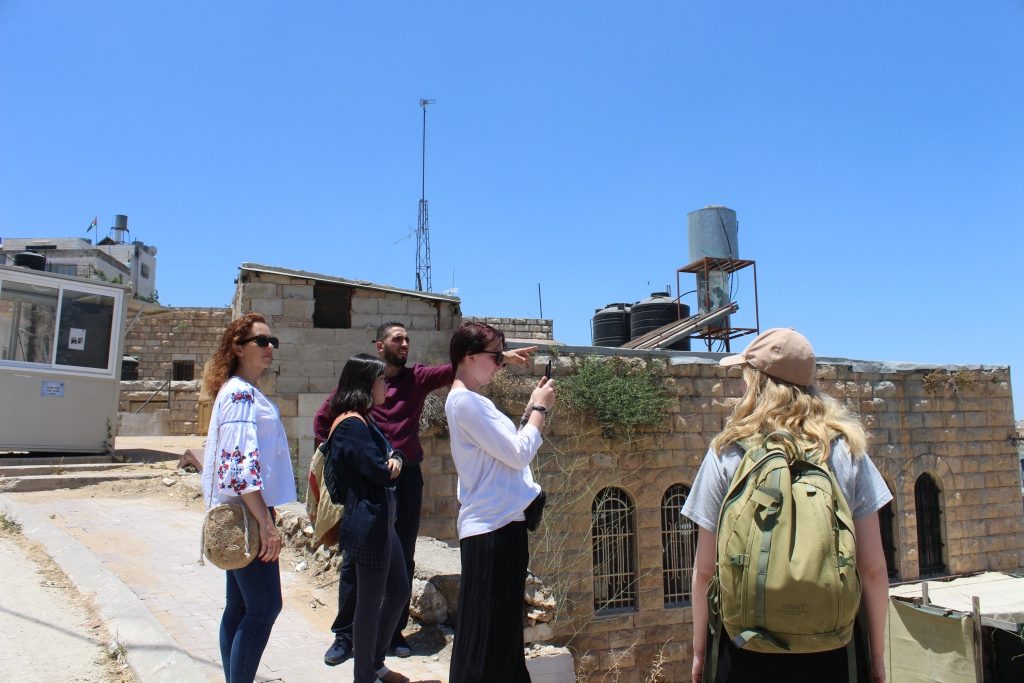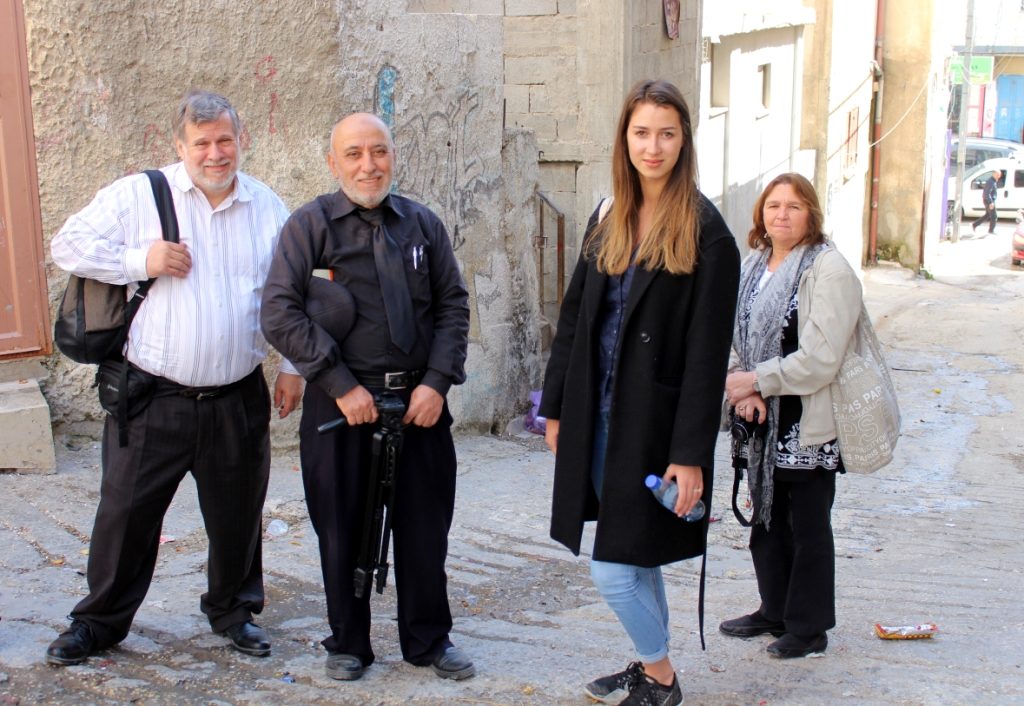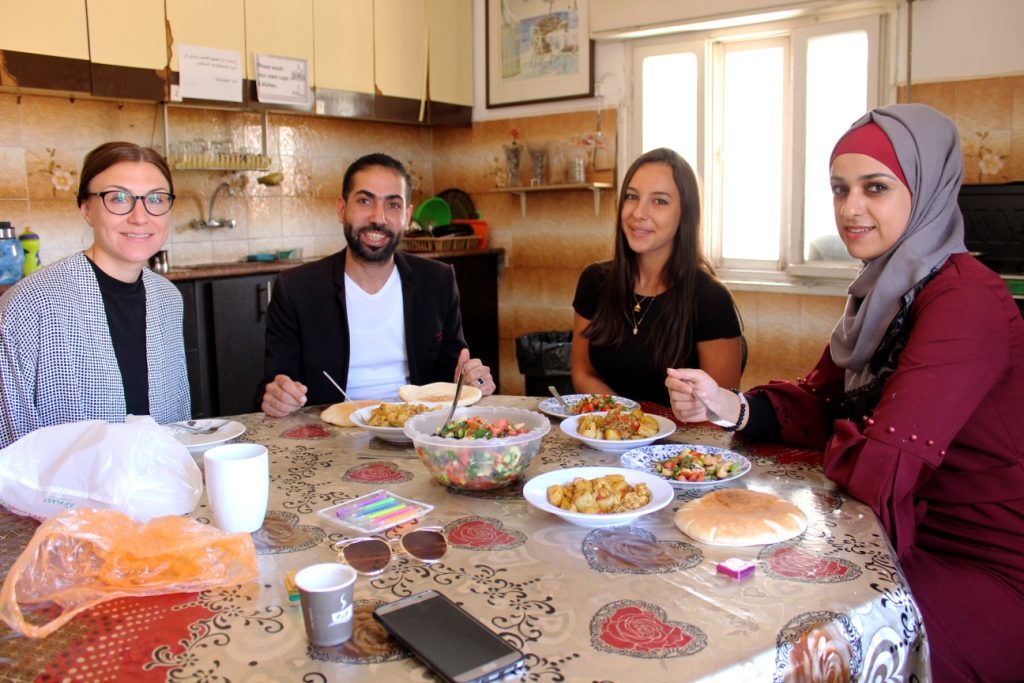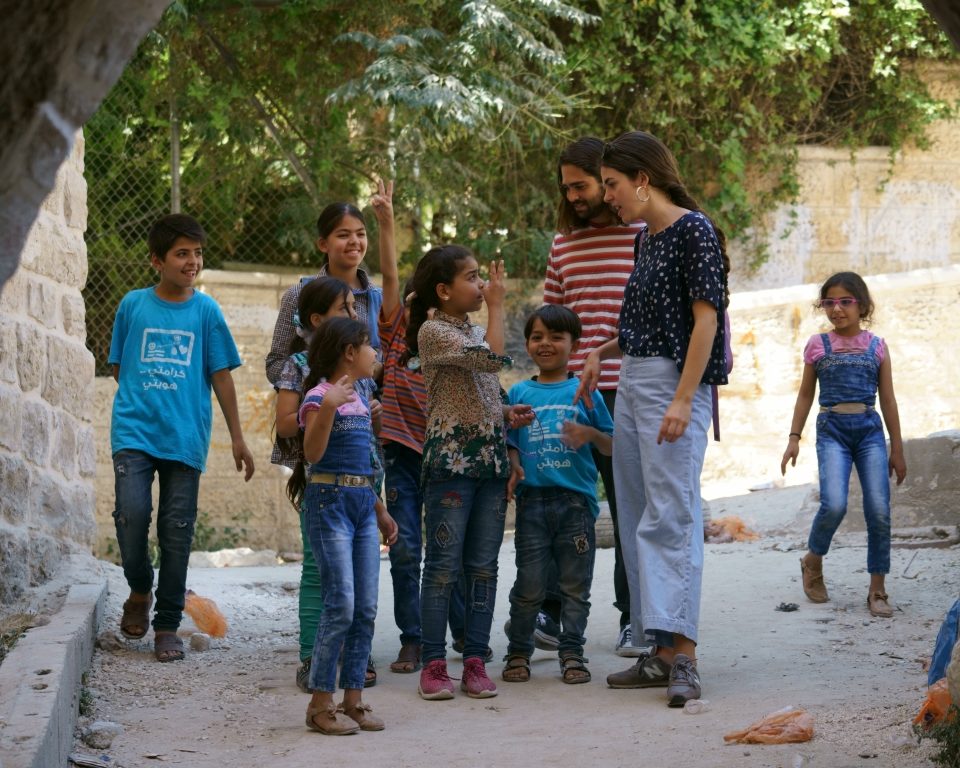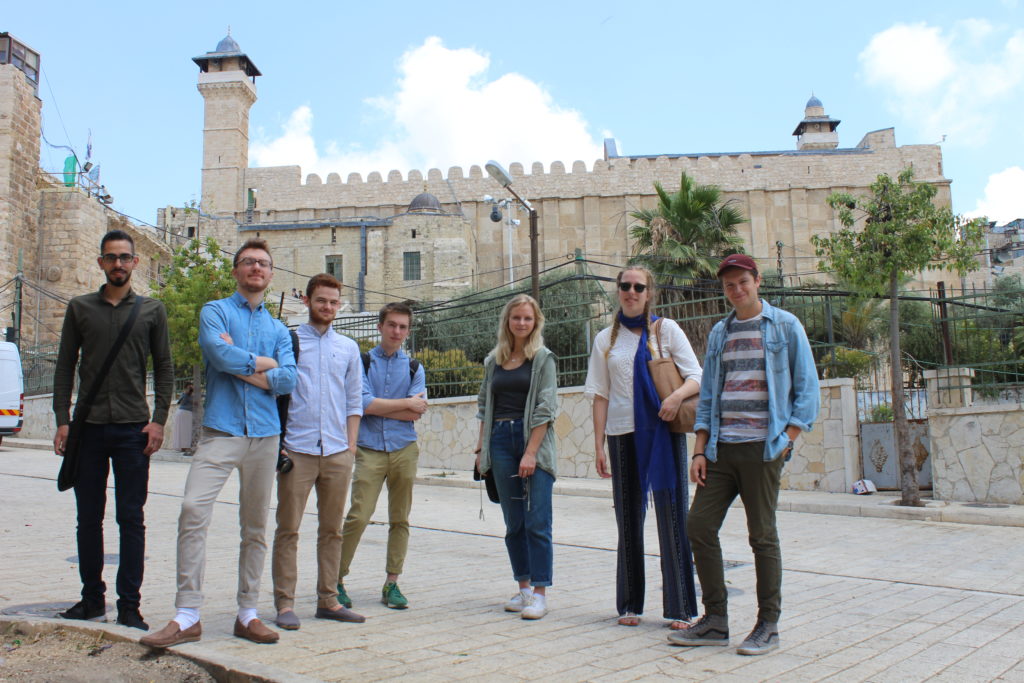7 Reasons to Visit Palestine: Why should you visit Palestine? From its rich culture to its fascinating history, and vibrant society, Palestine should be a top destination for any traveler
- “Because it’s a Beautiful Place”
Whether you enjoy the sight of tree-covered hills that seem to go on forever or the glow of city lights along an urban skyline, Palestine has something to offer everyone in terms of aesthetic appeal. Smaller towns in the south, such as Beit Sahour and Beit Jala, are surrounded by greenery, and the mountainous landscape makes an awe-inspiring view easy to find.
The more arid regions, such as those surrounding the Dead Sea, provide a stunning contrast to the life that they sustain. The metropolitan areas also contain a wealth of amazing things to see; the souq of Hebron is colorful and lively; the architecture of much of Jerusalem’s Old City.
Dates back thousands of years, transforming a quick walk toward Jaffa Gate into a trip back through time; the street art of Bethlehem illustrates the struggles of its inhabitants, capturing the humanity of a society in turmoil. Beauty is abundant in Palestine, in many forms and many places.
- The Food
Palestinian food is typically fresh and healthy. You won’t find any frozen dinners or canned soups, and fast food is far less common than in a Western country. Produce is a staple of most snacks and meals, and often fresh from the garden.
Many products are locally sourced, and if you’re lucky enough to spend time with a Palestinian family, you’ll sample a variety of delicious homemade dishes. Don’t forget the tea! “I watched my host take the tray into the garden to pick fresh mint leaves for the tea! It was so good,” said one international.
- The Value of its Holy Sites
Palestine holds countless sites of tremendous value to Islam, Judaism, and Christianity. The more well-known places include the Temple Mount and Church of the Holy Sepulchre in Jerusalem, the Church of the Nativity in Bethlehem, and al-Ibrahimi Mosque and Machpelah Cave in Hebron, but if you dig a bit further, there’s a wealth of hidden gems to be found.
On the southern outskirts of Jerusalem sits Rachel’s Tomb, notable for its sacred atmosphere despite a surrounding military zone. A short walk from the Church of the Nativity, down an unassuming alley, is the Milk Grotto, another holy site in Christianity. Among the bustling chaos of Hebron city life, you can find Abraham’s Oak. It’s located on land owned by the Russian Orthodox Church, alongside a small monastery. Regardless of your religion, each site is a place of peace and beauty.
- The Unique Industries
Palestine creates some of the most unique products in the world. It’s home to a number of glass and ceramic factories, in which a few dedicated workers use their skills to create beautiful pieces of art. Glass is painstakingly blown using age-old methods, and ceramics are hand-sculpted and painted with intricate detail.
The factories often have an open layout, allowing visitors to watch the artists in action. The textile industry is also popular, including keffiyeh and beautifully embroidered clothing and accessories. Olive-wood carvings are widely available in Bethlehem and are renowned for the wood’s natural beauty and resilience. Cosmetic products made from fresh olive oil and the Dead Sea mud are also a unique find.
- The Arabic Language
Arabic is a beautiful and complex language, with a seemingly endless number of dialects and accents. Levantine Arabic is the dialect of choice in Palestine, and if you’re studying the language, this is especially important. Levantine Arabic, used primarily in Jordan, Syria, Lebanon, and Palestine, most closely resembles the formal Modern Standard Arabic taught in universities and language centers.
Studying Arabic in an Arabic-speaking society is also an excellent way of acquiring conversation skills much faster than you would elsewhere. “When you’re surrounded by a language and you have to use it every day, you can learn it very quickly,” said one Arabic student.
- Palestinian hospitality
Palestinian hospitality is some of the best in the world. Guests are offered every comfort; tea, food, and good conversation are the staples of Palestinian social life. Friends and strangers alike will take a genuine interest in your life, history, and opinions, and will readily share their own stories with you.
Even families that might not have much will share what they have, and do their best to make you feel comfortable and at ease. “No matter where I went, not once did I feel like I wasn’t welcome there,” observed Lauren, an American participating in the Teach English Speak Arabic (TESA) internship program.
- Because You Need to Know the Truth
When you’re playing football with your host brother or having coffee on a balcony overlooking a city skyline, it can be easy to forget Palestine‘s tumultuous history. Unfortunately, the reality of the Occupation is inescapable for those who call Palestine their home.
Walls exist in many forms; the separation barrier surrounding the West Bank is the most recognizable, but economic, political, and social blockades are obstacles that can be just as limiting. However, there is much to be learned from each side of the conflict.
Melanie, a Canadian also participating in the TESA program, reflected: “Regardless of opinion, it’s interesting and important to see the complexity of the political and social situation. It will challenge your views that anything is black and white.”
